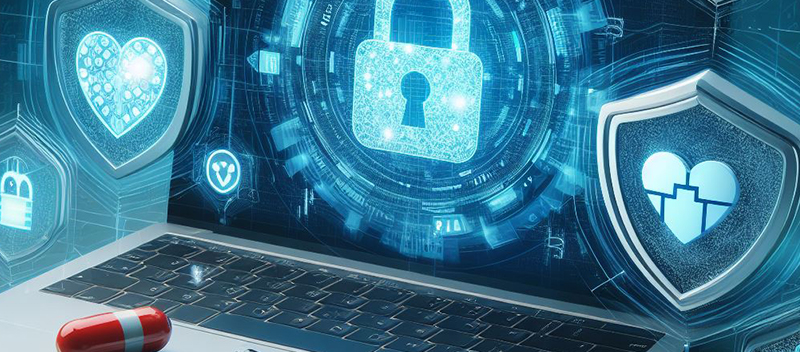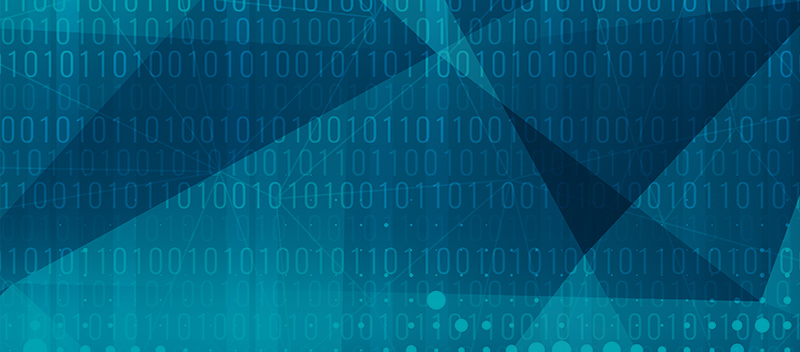Blog Health Is Wealth, Even In Data Security (Official Cyber Security Healthcare & Pharma Summit)
Health Is Wealth, Even In Data Security (Official Cyber Security Healthcare & Pharma Summit)

In today’s digital world, the need for robust cybersecurity measures is critical. This is especially true in the healthcare and pharmaceutical sectors. Essential data and infrastructure must be secure from ever-evolving cyber threats, and it’s no small task.
That’s where the Official Cyber Security Healthcare & Pharma Summit, held last 20 October, comes in. This national virtual conference brought together industry leaders who explored innovative solutions for protecting critical assets within the healthcare domain.
TrustNet’s expertise in assessing risks, managing them effectively, and ensuring regulatory compliance is instrumental in simplifying cybersecurity practices across industries, particularly in the critical healthcare sector.
Understanding Cybersecurity in Healthcare
Healthcare organizations hold many sensitive patient information. This includes medical records, financial details, and personal data. These institutions are also responsible for protecting their patients’ privacy and ensuring their systems are secure from cyber-attacks.
Some of the critical aspects of healthcare that require cybersecurity measures include:
- Electronic Health Records (EHR) – These systems store patient information, such as medical histories, diagnoses, and treatment plans, in digital form. These records contain susceptible information that needs to be kept confidential.
- Online Healthcare Plan Enrollment Systems – These allow patients to enroll in health plans, change their coverage, and view their benefits online. They must be protected from cyber-attacks to prevent unauthorized access and data breaches.
- Mobile Connectivity in Healthcare – Healthcare organizations increasingly use mobile devices to access patient information, communicate with other healthcare professionals, and perform administrative tasks. Using mobile devices creates additional security risks, as these devices can be lost or stolen.
- E-Prescription Kiosks – These kiosks allow patients to fill prescriptions quickly and efficiently. However, they also require cybersecurity measures to protect patient information from being compromised.
- Online Procurement Systems – These allow healthcare providers to purchase medical equipment, supplies, and drugs online. Cybercriminals can target these systems to access supply chains, steal intellectual property, or disrupt operations.
By securing these key avenues, healthcare organizations can prevent data breaches. They can also protect patient privacy, and ensure the safety of their infrastructure.
Understanding and addressing unique challenges and vulnerabilities in healthcare is paramount with the rise in cyberattacks.
For more of our insights on cybersecurity and healthcare
Healthcare and Compliance
Compliance is a critical component of cybersecurity in healthcare. There are various compliance services available that healthcare organizations should consider to ensure they meet all the requirements.
HIPAA
HIPAA, or the Health Insurance Portability and Accountability Act covers everything from how medical records are stored and accessed to the transmission of electronic health data. TrustNet’s expertise can fortify HIPAA compliance, helping organizations set stringent guidelines that protect patient rights.
GDPR
GDPR, or the General Data Protection Regulation empowers individuals with data control. TrustNet offers comprehensive support for GDPR compliance that emphasizes transparency, explicit consent, and data security.
Pen Testing and Risk Assessment
Concerted efforts rather than compliance are necessary in the ever-escalating battle against cyber threats. Healthcare organizations must be proactive in identifying vulnerabilities and mitigating risks. TrustNet’s long-time expertise in assisting and elevating cybersecurity risk awareness helps empower healthcare organizations with a roadmap to proactively bolster security measures and mitigate risks effectively.
Conclusion
The safeguarding of sensitive patient data and the preservation of a secure healthcare infrastructure must take precedence as healthcare organizations navigate the complex digital landscape.
In an era where the convergence of healthcare and technology is ever more apparent, a robust commitment to cybersecurity not only secures data but also ensures the well-being and trust of patients, thus underlining its importance in the healthcare realm.
Ready to enhance your cybersecurity and compliance? Schedule a call with us today.




